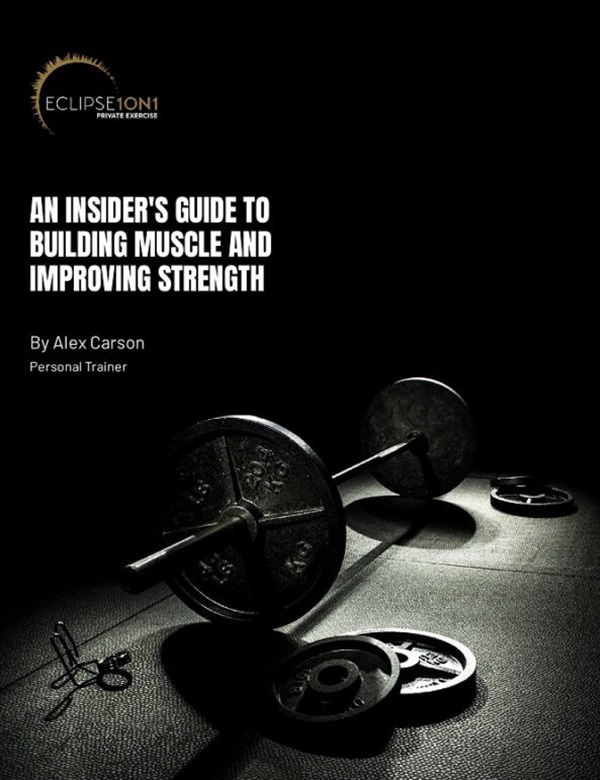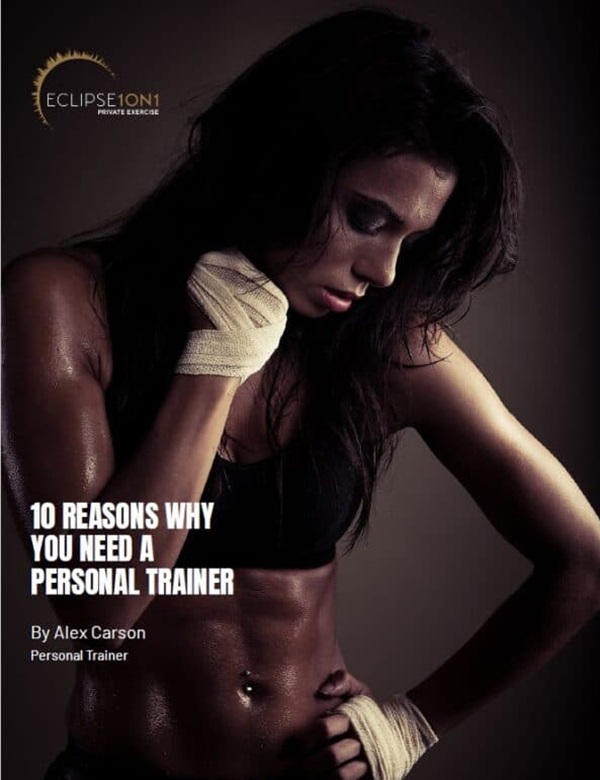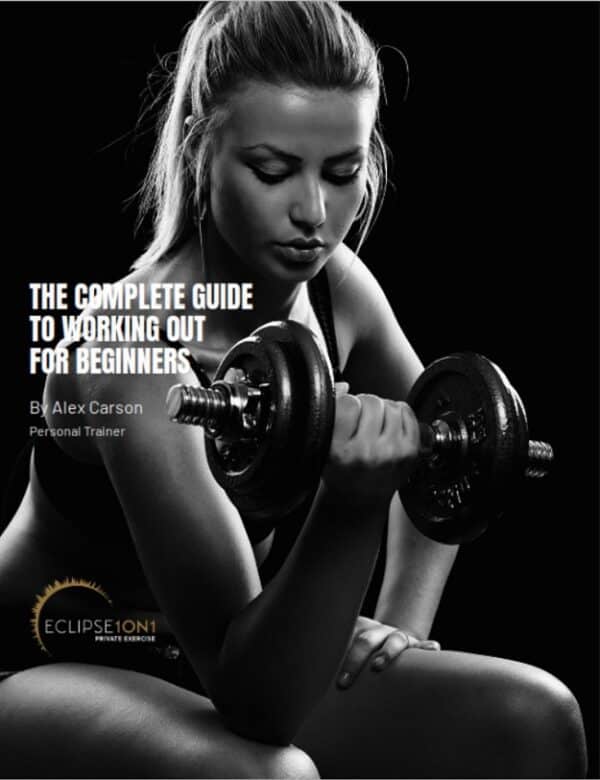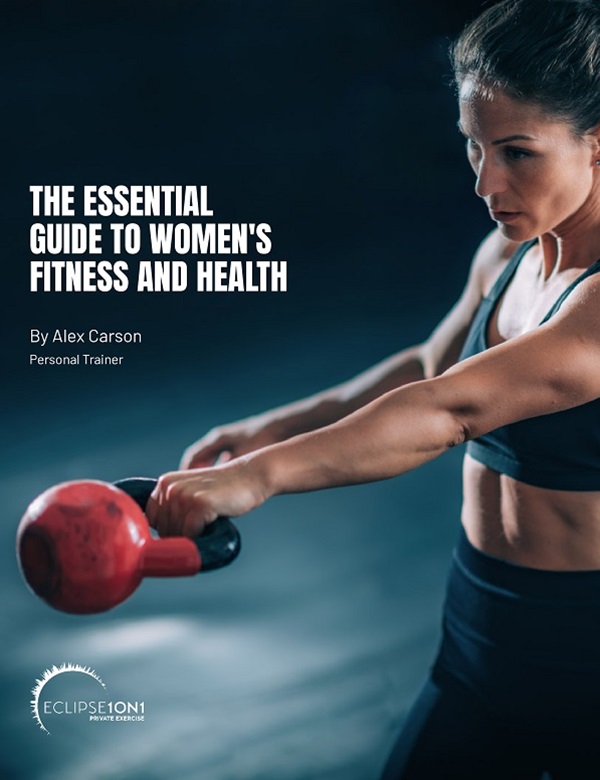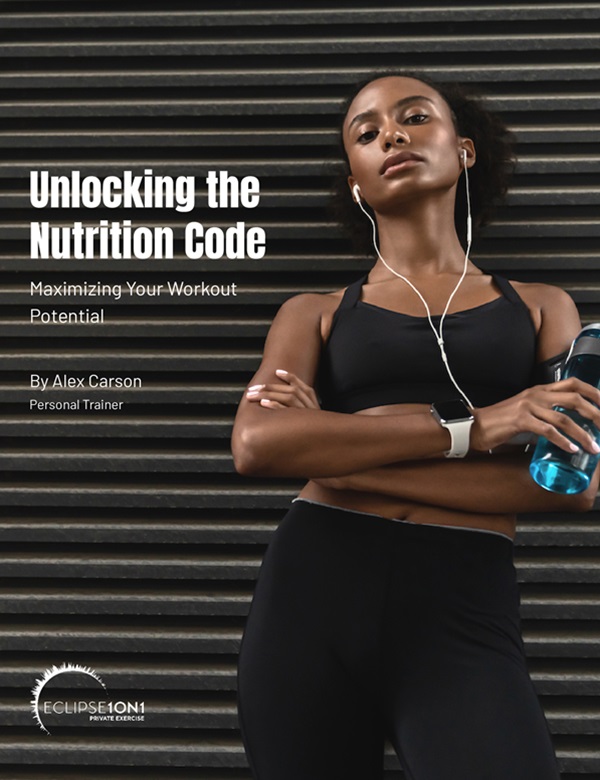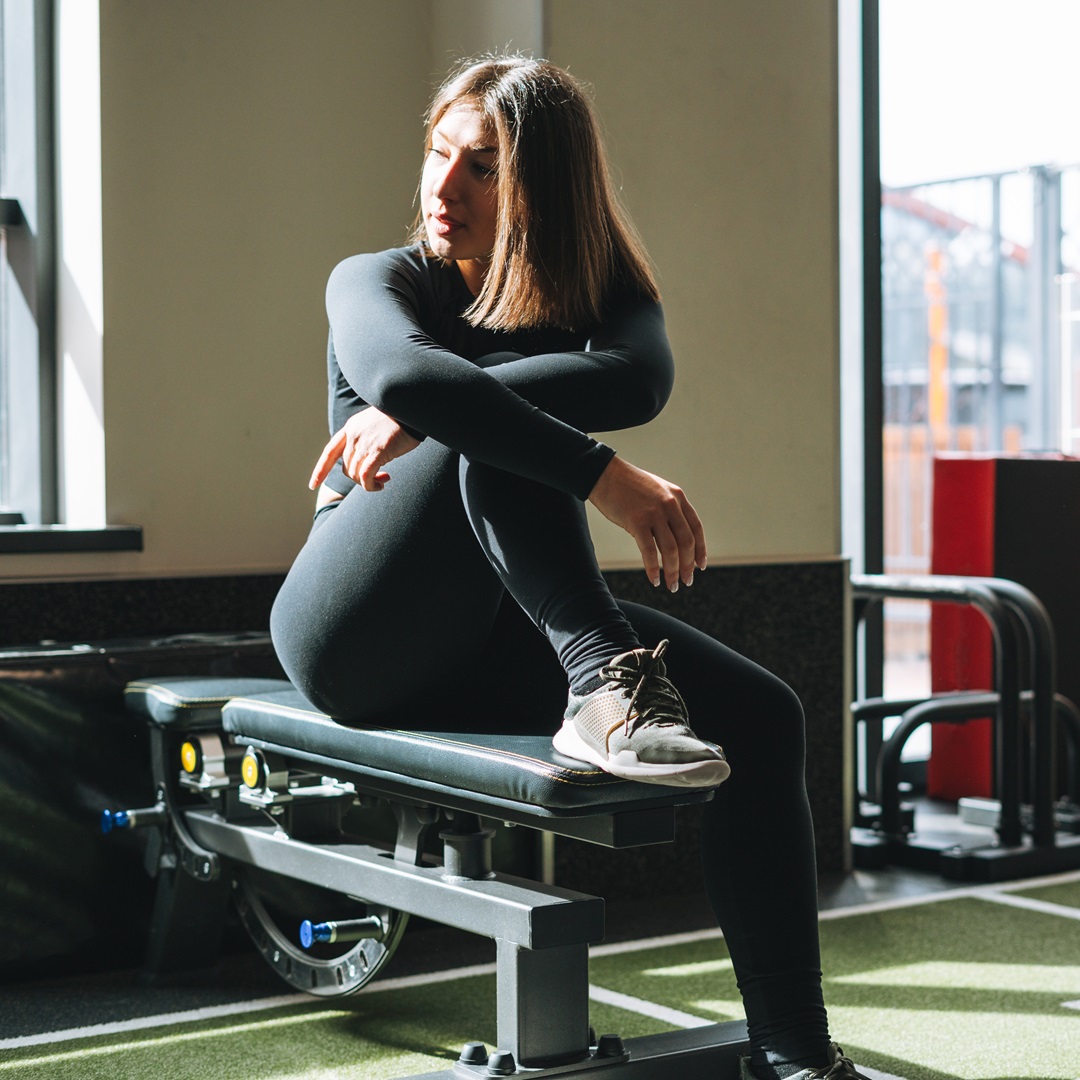Why Nutrition is Important to Your Workout Regimen
Why Nutrition is Important to Your Workout Regimen
Nutrition and fitness are connected, and more than you might think. In fact, what you put in your mouth is often reflected in the results of your workout.
If you don’t believe that diet can have a huge impact on your workout performance, then consider that professional athletes such as Gwen Jorgensen, an Olympic triathlon gold medalist, and Rebekkah Brunson, a five-time WNBA champion, plan their nutritional programs down to the last detail. While you might not aspire to be a professional athlete, there is a lot we can learn from them, including that what we eat helps make us stronger.
Don’t Skip Meals
Like your car, your body needs fuel. And like your car, when your body runs out of fuel, it shuts down, which is why it is such a big mistake to eat too little or avoid eating altogether. If you don’t have the energy to get through your next workout – or even the day – then reaching your fitness goals is highly unlikely.
To reduce the peaks and valleys in blood sugar levels, eat nutrient-rich foods such as whole grains, healthy fats and oils, and lean proteins. Stay away from processed foods that have ingredient labels as long as your arm, especially if the ingredients sound like a bunch of things cooked up in a lab –which they probably were.
Eat Before Working Out
Your alarm goes off at 6 a.m. and by 6:05, you’re out the door on your morning run or headed to the gym for a heart-pounding workout. You’re motivated, which is excellent, and the early-morning workout provides the added benefit of cranking up your metabolism and turbocharging your fat burning. Unfortunately, if you don’t put some gas in your tank, you won’t be able to give your workout everything you’ve got, and your performance will suffer.
Sure, you might not notice any dip in your performance – especially if you’ve made a habit of working out without eating – but studies suggest otherwise. For instance, a 2018 study in the American Journal of Physiology: Endocrinology and Metabolism indicate that eating before working out helps the body burn more carbohydrates during exercise. What’s more, a large analysis of exercise lasting longer than one hour found that 54% of studies reported better performance when food was consumed before exercise.
Why does eating before working out improve performance? The answer is simple. Low blood sugar can cause you to fatigue faster and experience lightheadedness, which is why even a high-carb snack such as a banana or an apple can improve workout performance; these foods are perfect for replenishing the needed glycogen that serves as fuel for your muscles.
Think About Electrolytes
If your workouts are short – 30 to 40 minutes – then you probably don’t have to worry about electrolytes. If you’re drinking an ample supply of water during your workouts, then that’s probably sufficient. However, if your workout is hitting the 60-minute mark, then you should also quaff drinks loaded with electrolytes, also known as isotonic drinks. These drinks contain salt and sugar that are in similar concentrations found in your body. They are also quickly and easily digested and provide rapid fuel. Look for electrolyte drinks that contain, per liter, 60g to 80g of carbohydrates and 400mg to 1000mg of sodium. If they also contain other minerals such as calcium, magnesium, and potassium, that’s even better.
Pound the Protein Post-Workout
After a workout, your muscles need repairing, and protein-rich foods are just what your fitness coach will order. Following your workout, enjoy eggs, tuna, lean meat, soy, dairy, nuts, grains, or beans – any of these post-workout foods can have a positive effect on your muscle growth. But don’t stop there. For maximum muscle
Water, Water Everywhere
Yes, you need to drink water during your workout, but you also need to drink this good stuff throughout the day. Hydration is critical to achieving your fitness goals, because if your body becomes dehydrated, then it can no longer deliver an adequate supply of oxygen and nutrients to your muscles, which can undermine your fitness journey. But how much fluid does your body need? The basic rule of thumb is to divide your body weight in half and drink that amount of water in ounces. In other words, if you weight 160 pounds, then you should strive to drink 80 ounces of water each day.
You should also drink before you feel thirsty, so that you can prevent fatigue and headaches before they occur and have more energy throughout the day.
Just as for professional athletes, nutrition should play a significant role in your fitness routine and goals. Talk to your fitness coach to set calorie needs based on your workout activity, and plan meals and snacks that include carbs, fats, and protein. If you do this, then you will give your body the energy it needs to fuel you through your fitness journey and reach your fitness goals.

